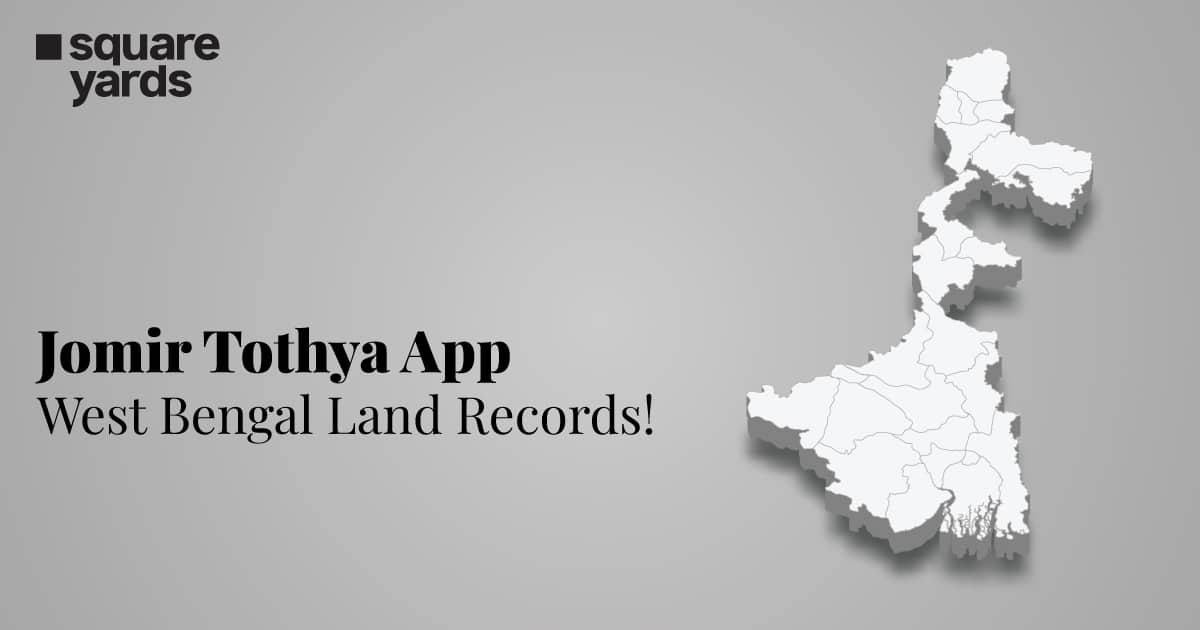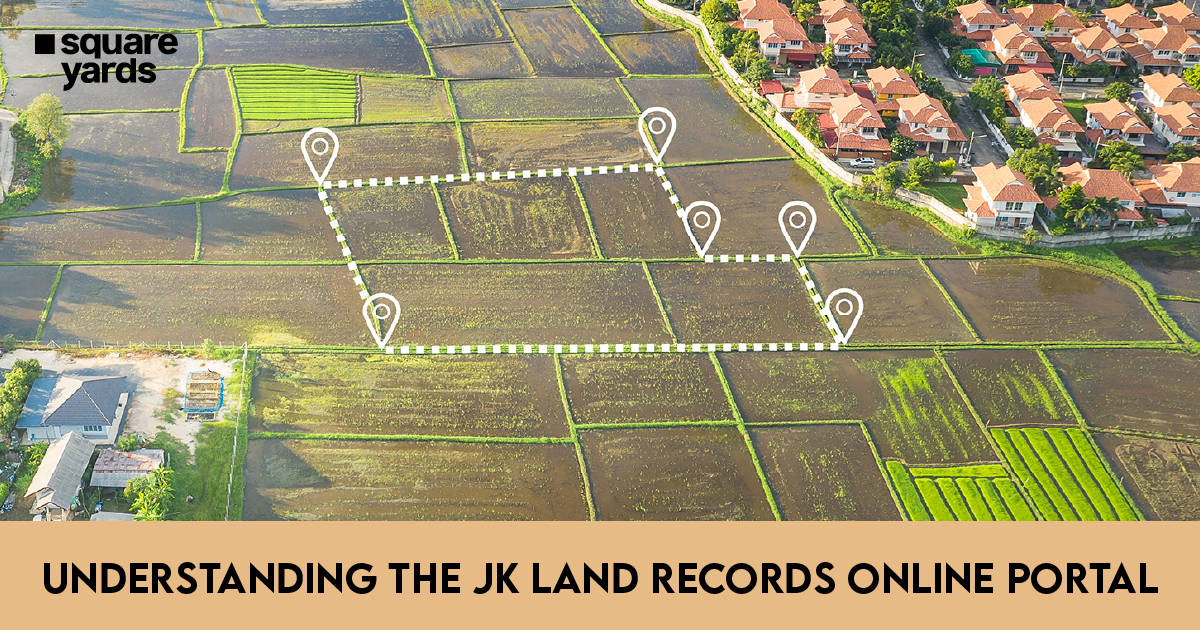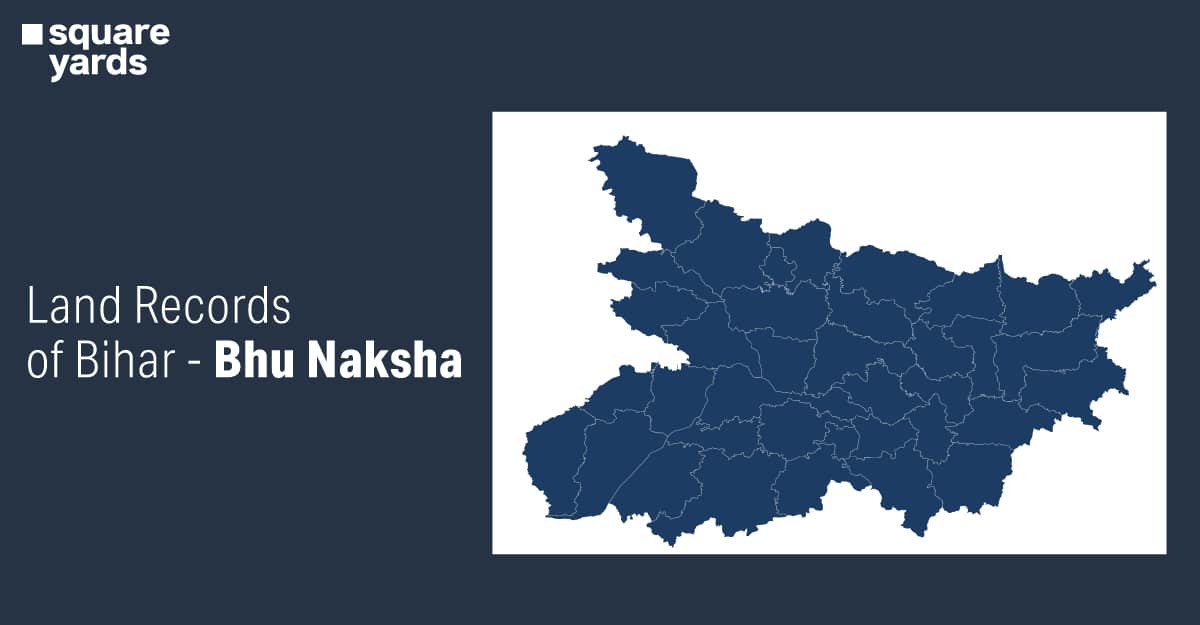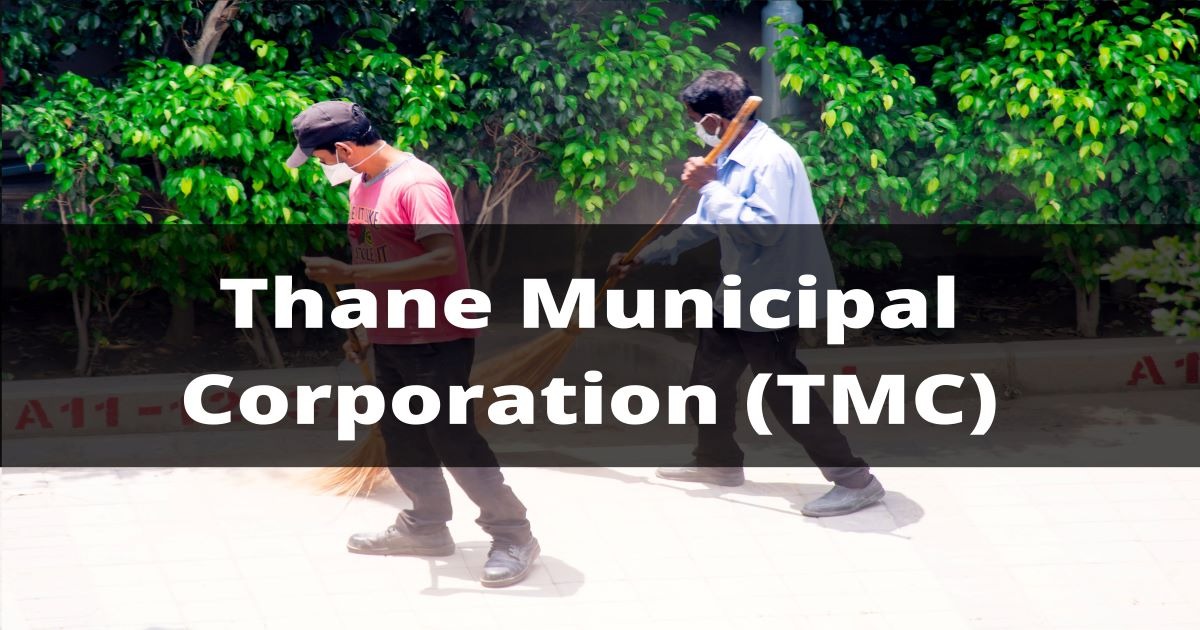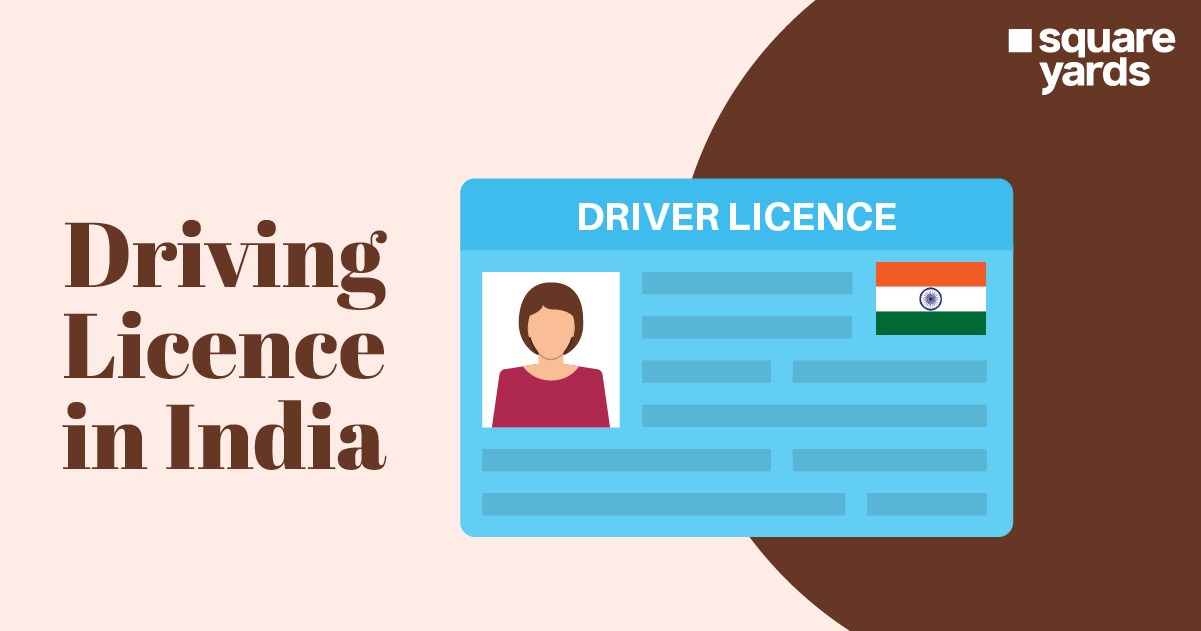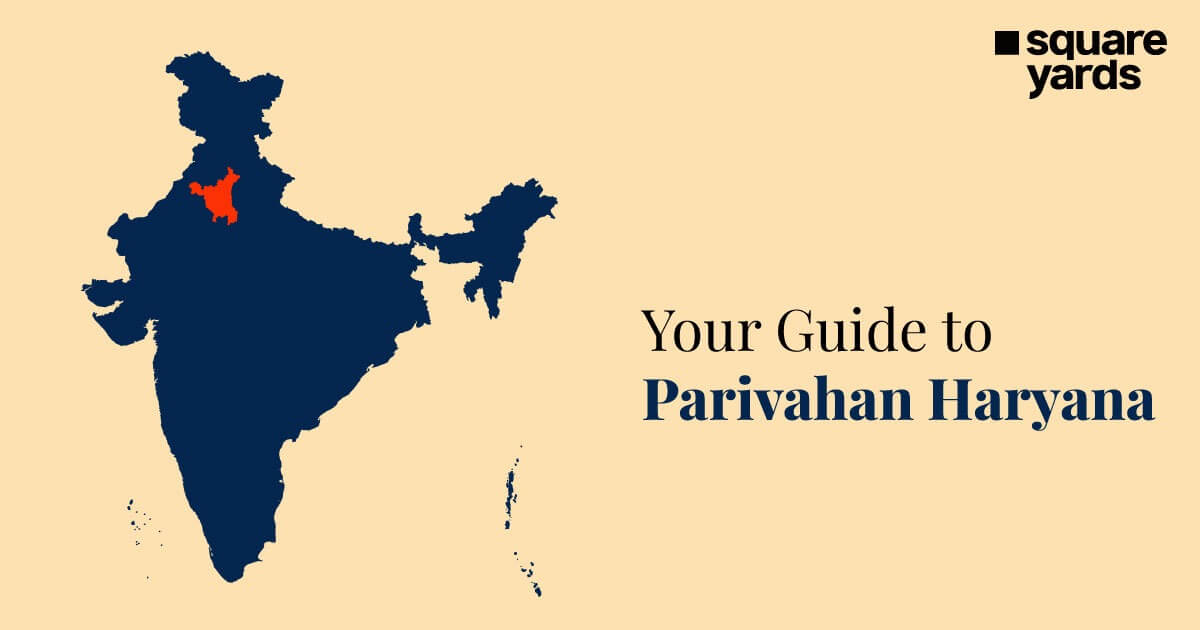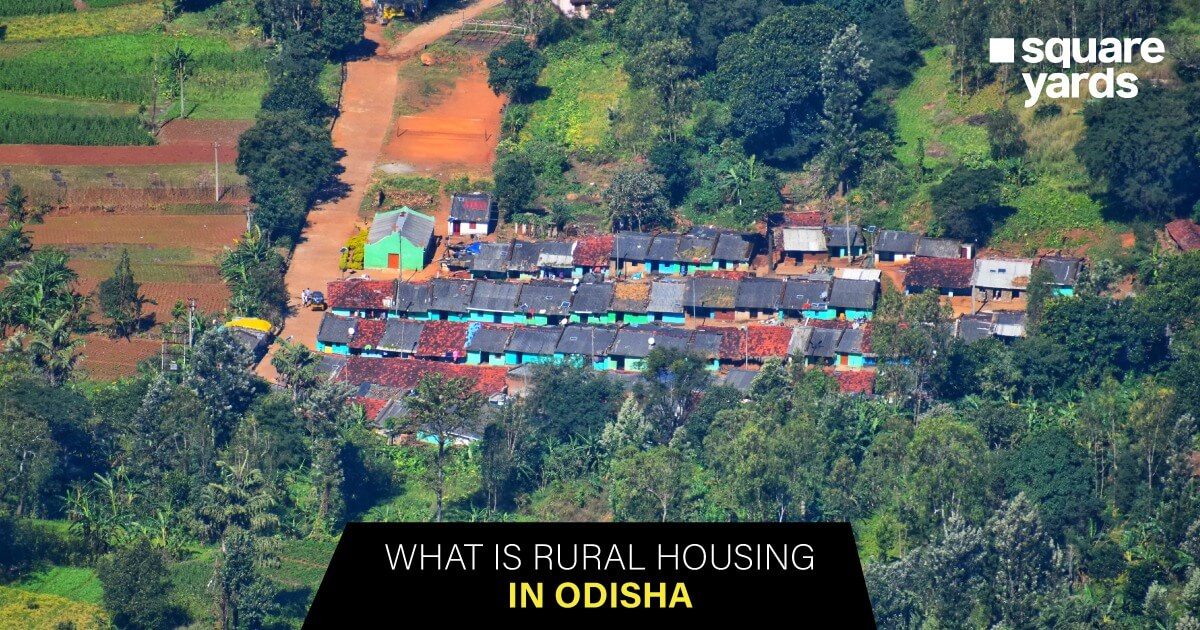India is the world’s largest democracy, with over 1.3 billion people. The government is structured in a constitutionally democratic manner wherein the political authority of the country is the responsibility of the Government of India. It is governed by the laws and regulations of the Indian Constitution.
Being a democratic system, the country abides by a constitutional system of governance in which the citizens elect the leaders of the country through the system of elections and voting. The Election Commission of India (ECI) governs the functioning of the main 4 elections in the country.
In this article, we will look at what the ECI is, its duties, responsibilities, and more.
Table of contents
- What is the Election Commission of India?
- Role of Election Commission of India
- What is the Model Code of Conduct?
- Functions of Election Commission of India
- Structure of the Election Commission of India
- Appointment and Tenure of Commissioners
- Advisory and Quasi-Judicial Powers
- Administrative Powers of the Election Commission of India
- Popular & Similar Searches
- FAQ’s About Election Commission of India:-
What is the Election Commission of India?
The Election Commission of India (ECI) was created in 1950 as a self-regulating, independent body responsible for ensuring the integrity of the election process as stated in the Constitution of India. The main objective of the ECI is to define and regulate the multi-tiered election system of the country.
The ECI lays down the laws and regulations regarding all the elections in the country, starting from the President of India right down to the State Legislative Assembly. Article 324 of the Indian Constitution states that the ECI has autonomous control over the entire election process.
Role of Election Commission of India
The ECI plays a major role in organising the various democratic elections. The main function of the Election Commission is to ensure that the election process is carried out in a fair and free manner in accordance with the Model Code of Conduct. Further, the Commission is also in charge of keeping a check on the actions of the politicians and political parties.
What is the Model Code of Conduct?
The ECI first introduced the Model Code of Conduct in 1971 in lieu of the fifth general elections. The Code since then has been subject to various revisions to incorporate the guidelines about how parties and candidates are expected to conduct themselves.
A provision was introduced under the Code, which restricts the parties and candidates from announcing financial grants, making infrastructure development promises, etc., once the election dates have been announced. This was done to ensure that the voter’s sentiments were not affected by such actions during the election time.
Although the Model Code of Conduct has been accepted by both the parties and authorities, cases of misconduct have been frequently reported. It is a frequent complaint of political parties that the party in power has somehow manipulated the official machinery to increase the winning chances of their own candidates.
This misconduct has been reported as advertisements using the taxpayer’s money and the misuse of mass media for biased coverage of the opposing party.
Functions of Election Commission of India
Given below are some of the main functions and responsibilities of the Election Commission of India:-
- Ensures a free and fair election process.
- To make sure that the parties and candidates adhere to the rules and regulations of the Model Code of Conduct.
- Regulates political parties and registers them in accordance with their eligibility.
- Determines the limit for campaign finances for all the candidates and ensures adherence to the same.
- The ECI is offered an annual report by all political parties to claim any available tax benefits for contributions.
- Ensures the regular audit of submitted financial reports of every political party.
- Organises, controls, and governs all the elections from the state assembly to the Parliament.
- Lays down laws regarding the elections.
- Prepares electoral rolls.
- Allocates election symbols for candidates and political parties.
- Electing tribunals to address the disputes and differences regarding the election process.
Structure of the Election Commission of India
The hierarchy of ECI is composed of one Chief Election Commissioner, along with two other Election Commissioners. The multi-tiered structure of the ECI works on a majority vote basis.
Appointment and Tenure of Commissioners
Given below are the appointment and tenure of commissioners in the Election Commission of India:
- The President of India is responsible for appointing the Chief Election Commissioner and the two Election Commissioners.
- Each of their tenures lasts for 6 years or until they reach 65 years, whichever comes first.
- They are on the same pay grade as Supreme Court Judges.
- The only way the Chief Election Commissioner can be impeached from office is by an order from the President supported by the Parliament.
- Only the Chief Election Commissioner can impeach the Election Commissioner.
Advisory and Quasi-Judicial Powers
Given below are some of the Advisory and Quasi-Judicial responsibilities and powers of the Election Commission of India:-
- The ECI has major decision-making authority for matters of post-election ineligibility of elected members of the Parliament.
- In cases where a candidate is proved to be guilty by the Supreme Court of India of violating the rules of a democratic election, the ECI is contacted for judgement of the case. The ECE’s verdict regarding the case is final and binding.
- The ECI reserves the right to disqualify any candidate who has not submitted an account of expenses before the deadline stated by the Commission.
- The ECI can also remove or reduce the disqualification period at its own discretion.
Administrative Powers of the Election Commission of India
Given below are some of the administrative duties and powers of the Election Commission:-
- The EIC has the authority to establish electoral constituencies and allot territorial areas.
- The Election Commission is responsible for organising electoral rolls and registering eligible voters.
- It announces the dates and schedule of the elections and verifies the nomination papers.
- Assigns election symbols for parties and candidates.
- Appoints Chief Electoral Officer, District Election Officer, Electoral Registration Officer, and Returning Officer.
Popular & Similar Searches
| Delhi Urban Shelter Improvement Board | E-Pauti Odisha Portal |
| PM Gatishakti Plan for Infrastructure and Energy | Tamil Nadu Slum Clearance Board |
FAQ’s About Election Commission of India:-
Q1. Who is the Chief Election Commissioner right now?
Ans: Sushil Chandra is the current Chief Election Commissioner of India. He was appointed to office on 13 April 2021.
Q2. Who was the first Chief Election Commissioner of India?
Ans: Mr Sukumar Sen was the first Chief Election Commissioner of India. He served in office between 21 March 1950 and 19 December 1950.
Q3. Who is responsible for appointing the Election Commission of India?
Ans: The ECI comprises the Chief Election Commissioner and two Election Commissioners. The President of India appoints all 3 members.










